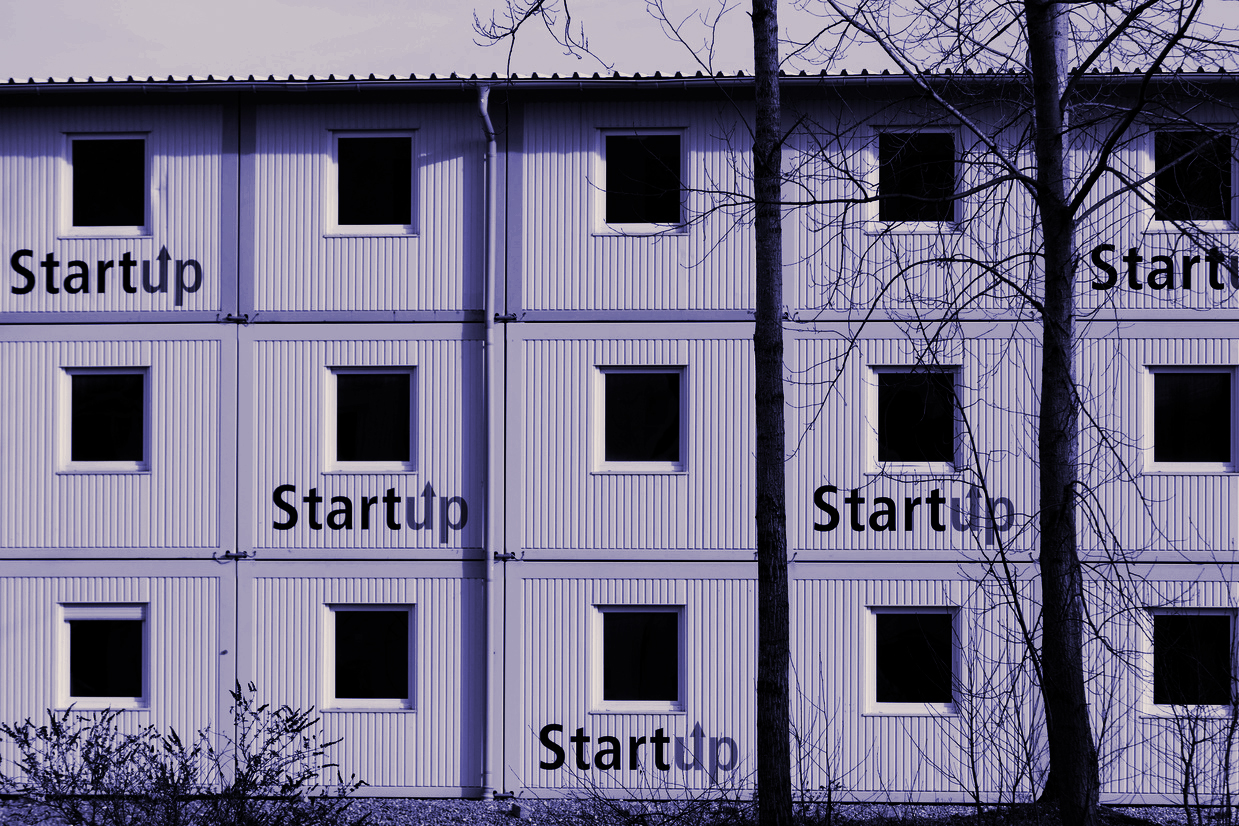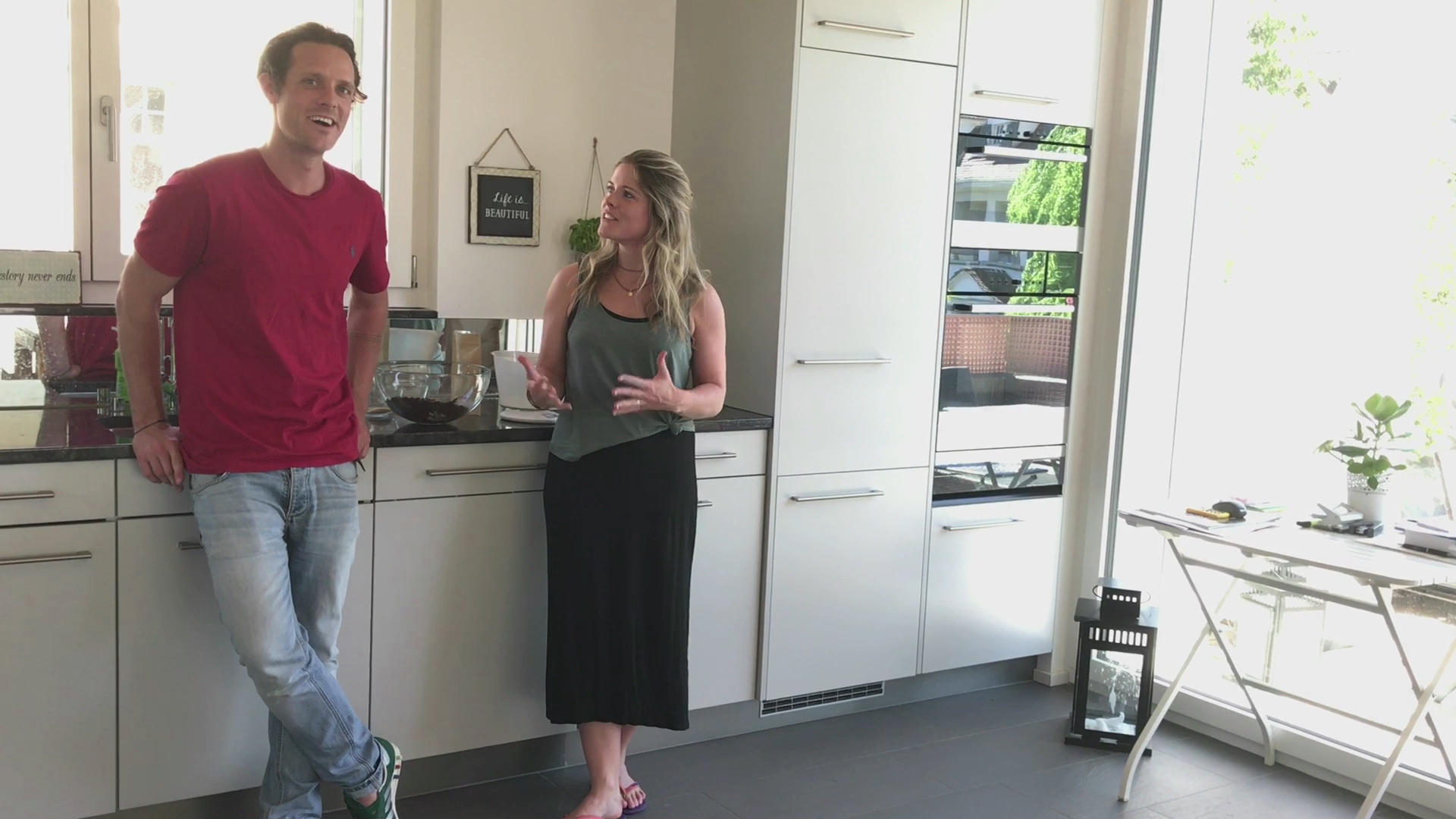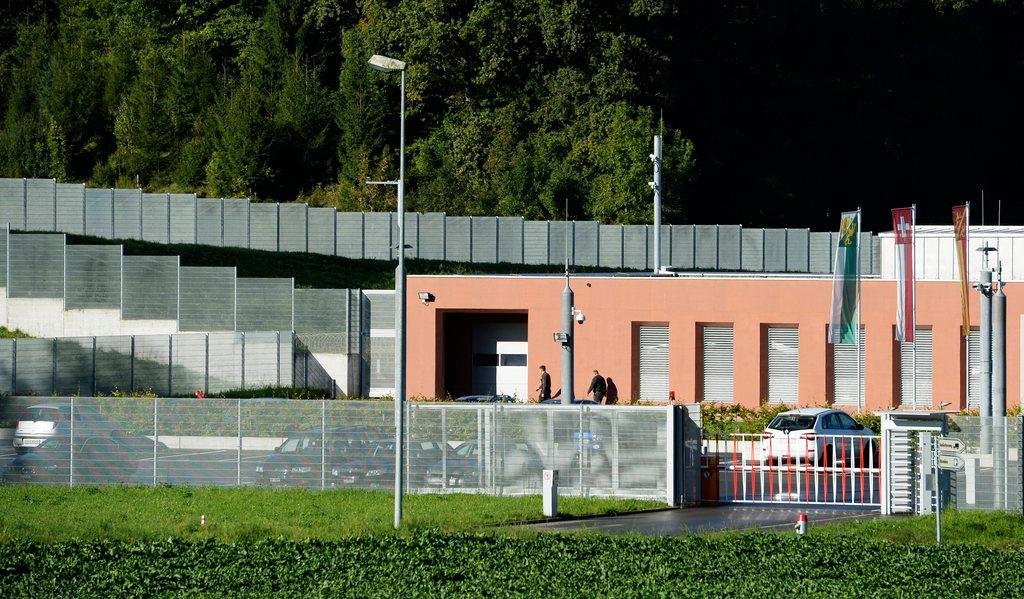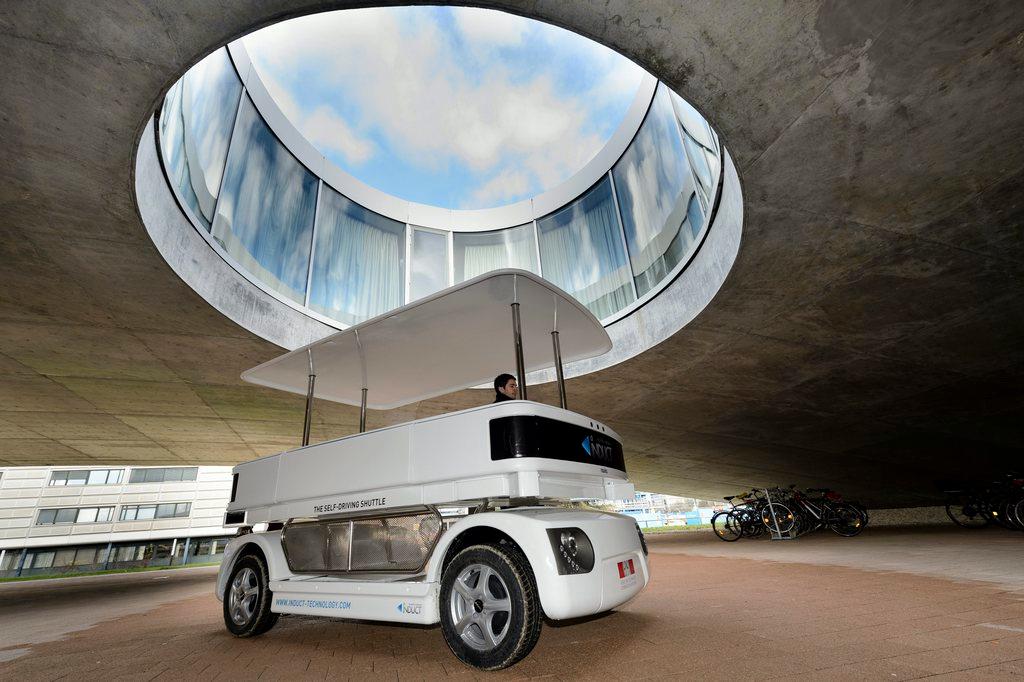Starting a business

The Swiss Constitution allows anyone, including foreigners, to run a business in Switzerland or to form a company or have a financial interest in one.
However, there are certain terms: only holders of a valid C permit (settlement permit for third-country nationals), the spouse of a C permit holder or the spouse of a Swiss citizen have the legal right to establish their own business in Switzerland.
All other persons have no legal right to set up their own business. They must submit an application to the respective cantonal authorities. Apart from the necessary personal requirements, the company must have a “lasting positive effect or influence on the Swiss labour market”.

More
What it takes to start a Swiss business
A lasting positive effect on the Swiss labour market is considered to be given if the new company or self-employed person contributes to the industry-specific diversification of the regional economy, preserves or creates several jobs for local staff, makes substantial investments and generates new orders for the Swiss economy.

More
Self employed in Switzerland
Therefore, entrepreneurs need to have a very clear business idea before they eventually move to Switzerland. A convincing business plan is the best foundation for a successful evaluation process. Existing organisational relationships with other companies is another requirement. And the application must include a foundation charter and/or a Commercial Register entry.
If the application is accepted by the cantonal authorities, the entrepreneur is granted at least a short-term residence permit for third-country nationals (L permit) or a residence permit (B permit). Both permits are subject to the L and B permit quotas set annually by the Swiss cabinet.
The B residence permit is valid for up to one year. It can normally be renewed unless there are reasons against a renewal. The short-term residence permit (L permit) is valid for a stay of up to one year. In exceptional cases, the L permit can be extended by up to 12 months.
It is possible to set up these types of companies in Switzerland:
•A branch office
•Buying an existing company in Switzerland
•Forming a joint venture
•Forming a strategic alliance
The procedure for establishing a business generally involves these steps:
•Creating the articles of association in the presence of a notary public.
•Create an escrow account to hold paid-up capital
•File articles of association with the local commercial register to become a legal entity
•Pay a stamp tax – 1% of capital with first CHF1 million exempt.
•Register for VAT
•Enter employees into the social insurance schemes on the federal and cantonal level.
Sole proprietorship: If the business in Switzerland is a sole proprietorship, a general partnership or a limited partnership, the registration process can be handled online via the government SME portalExternal link (German, French, Italian). More details in English are available hereExternal link.
For more on starting a business in Switzerland, please visit Switzerland Global EnterpriseExternal link.
Buying property for a permanent business
Investors looking for property to make a profit should turn to real estate used for commercial purposes (manufacturing premises, warehouse facilities, offices, shopping centres, retail outlets, hotels, restaurants, workshops and so on.)
These properties can be purchased without authorisation. In this case, it does not matter whether the real estate is used for the buyer’s business or rented/leased by a third party in order to pursue a commercial activity. Such real estate properties may also be purchased solely as an investment.
There is no prior authorisation requirement for the purchase and the buyer may also acquire other rights such as building, purchasing, first refusal or repurchase rights.
Construction, or the rental or leasing of housing units, is not recognised as a permanent business activity and buying real estate for such purposes is prohibited.
Information for foreigners on buying property in Switzerland is available at the Federal Office of JusticeExternal link.
Mortgages and financing
Fixed-rate, variable-rate and money-market mortgages are the three main types of mortgages in Switzerland.
As in other markets, a variable-rate mortgage is continually adjusted to the prevailing capital market rate, while a fixed-rate mortgage is generally established for three to five years. A money-market mortgage is based on the London Interbank Offered Rate (LIBOR) for the euro money market. Fees will be added, the amount depending on the credit-worthiness of the person borrowing the money.
Generally speaking, purchasers need to put down at least 20% of the purchase price. At least 10% must be put down in cash while the other 10% can be arranged using the borrower’s pension fund. The annual cost of the loan should not total more than a third of the purchaser’s gross income. Interest rates are negotiable, so shop around. Up to 80% of the property’s market value may be borrowed.
Owners of residential property must pay federal and cantonal taxes on their property. Homeowners may deduct mortgage interest and maintenance costs.
For office and commercial buildings, the loan-to-value ratio is normally around 70%.
Further information on mortgages in Switzerland is available in German and French at HausinfoExternal link.
For more on starting a business in Switzerland, visit Switzerland Global EnterpriseExternal link.
Business networks abroad
Swiss Business HubsExternal link are the Swiss government’s “one-stop-shop” for entrepreneurs interested in doing business in various countries around the world and for foreign entrepreneurs interested in bringing their business to Switzerland.
The group can help find specific manufacturers, arrange initial contacts and point you to other useful information.
Hubs exist in European countries like Britain, Germany and France, as well as the US, Russia, Singapore and South Africa.
You can find a complete list of Swiss Business Hubs through Switzerland Global Enterprise.

In compliance with the JTI standards
More: SWI swissinfo.ch certified by the Journalism Trust Initiative




You can find an overview of ongoing debates with our journalists here . Please join us!
If you want to start a conversation about a topic raised in this article or want to report factual errors, email us at english@swissinfo.ch.